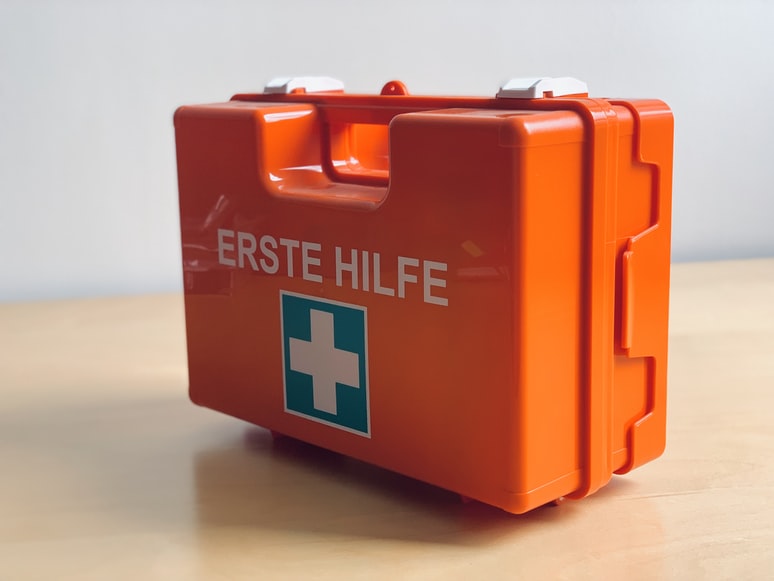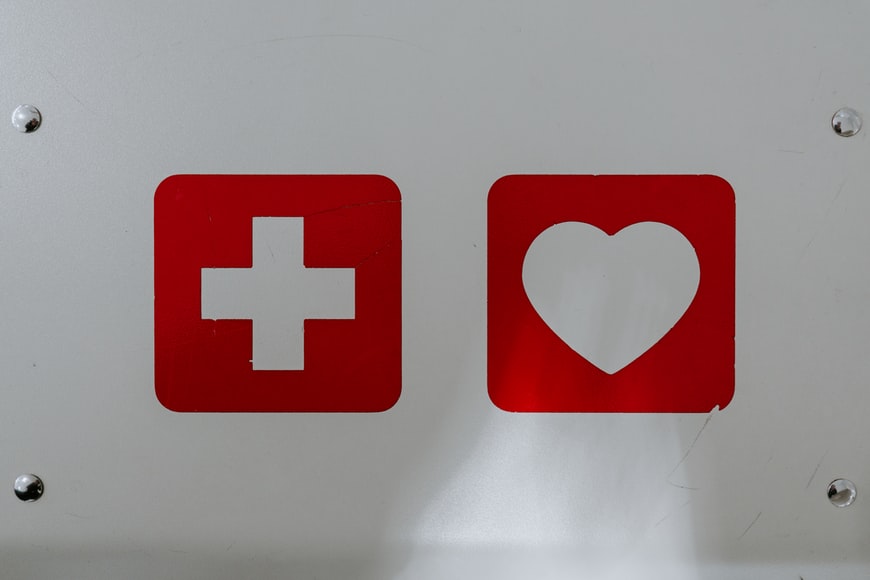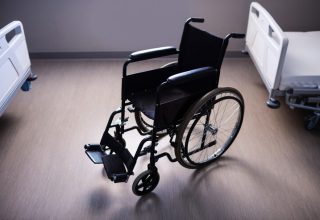In the Midst of an Emergency: Taking Care of a Serious Personal Injury
Nobody likes planning for the worst, especially in a culture where an optimistic outlook is treasured above all else: few people want to think about the likelihood that they get into a life-threatening accident while on the way to work or that while working something malfunctions and hurts them.
However, it’s crucial to consider that in the midst of an emergency, your brain will be coursing with adrenaline or numb with shock: you won’t necessarily be able to form a cogent plan to get your injuries treated, especially if you can see the extent to which you’ve been harmed.
It’s impossible to plan for every eventuality, and the goal of this article isn’t to give you a case-by-case breakdown of what to do if you’re injured in different ways. Instead, our goal will be to break down what you should do in the immediate aftermath of a serious personal injury, giving you the knowledge and skills you need to minimize the damage and get yourself treated as quickly as possible.
Aftercare is just as important, however, so feel free to take a look at our guides for recovering from serious personal injuries. While not all the tips in the said guide will apply to everyone, it should also serve to give you a firm foundation of what to do after your injury has been treated so that you can bounce back healthier and stronger than ever.
Let’s get into what you should do immediately after suffering a traumatic injury without further ado.
Contents
1. Remove Yourself From Danger
Certain steps in this guide are more situational than others, and this particular step can be ignored if your personal injury is the result of a one-time threat.
However, serious injuries caused by accidents or manufacturing defects can get worse and affect more people if you don’t remove yourself from the dangerous situation. Your first priority should be getting yourself to safety, to a place where your injury will not worsen: if you are able to move, remove yourself from the dangerous situation.
2. Get Medical Professionals Involved

Your very next step should be to call an ambulance. Some are reluctant to do this, being afraid of the often-exorbitant costs of hospital visits and thinking that they’ll be okay if they receive basic first-aid treatment.
However, some injuries can worsen if not treated by professionals, with first-aid being more of a bandage than a suture if you catch the meaning; and that’s assuming that the injuries we’re talking about aren’t among those that, by nature of their severity, require immediate attention. The potential costs associated with treating that worsened condition at a later date could be much more expensive if the worsened condition isn’t life-affecting or even fatal.
If you are unable to call an ambulance yourself, direct someone else to call one for you. You can always recoup your costs later by suing the party responsible if needed.
3. Get First-Aid Treatment

If the injury occurs in the workplace, your workplace should have some first-aid options to treat a variety of possible injuries: however, for situations where you cannot reasonably expect a first-aid kit or a doctor to be around, like the side of the highway, you may want to carry around a first-aid kit of your own.
Treat your injuries as best you can, taking care to disinfect your wounds and wrap them properly with gauze bandages: while no substitute for proper medical care, efforts like these can keep your wounds from becoming infected and staunch the flow of blood while you wait for an ambulance.
4. Recover Your Costs
Once you’ve been seen by a professional, you will no doubt be wondering how best to go about recouping your costs: it isn’t fair that, after suffering a serious injury, your wallet should suffer one in tandem by being forced to shell out for expensive hospital bills. Even after litigating responsibility with your insurance company (if you have one), you may still find yourself with not enough money to pay them all.
This is where you may want to get an experienced legal professional involved. Personal injury lawyers who have worked cases like yours stand the best chance of getting you the settlement you need to pay your bills, holding the responsible party accountable, and getting you a little extra for pain and suffering.
It can be difficult to know what to do in the aftermath of receiving a serious personal injury, so it’s good to have a game plan before the emergency occurs rather than be caught in the headlights, so to speak. Following the steps above and getting yourself the equipment you need to handle the situation well, like a first-aid kit and the phone number of a reputable law firm, can best prepare you to recoup as quickly as possible.
Read Also:
- The Causes And Treatment For A Chipped Tooth
- How To Choose An Acne Treatment For Your Skin Type
- What Duties Does the Caregiver Perform?
- 9 Ways Seniors Can Maintain A Healthy Lifestyle During The Pandemic



